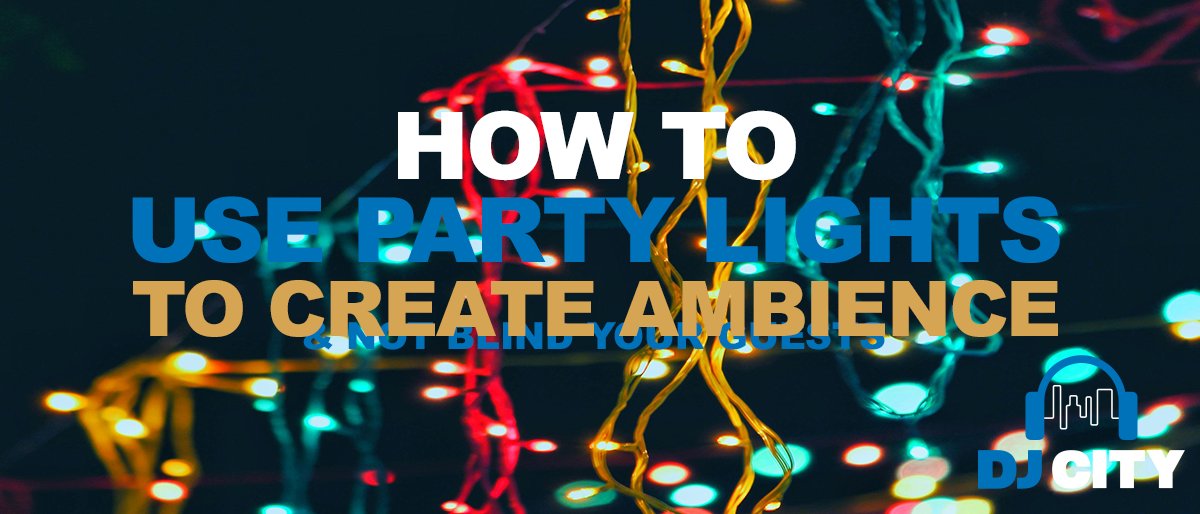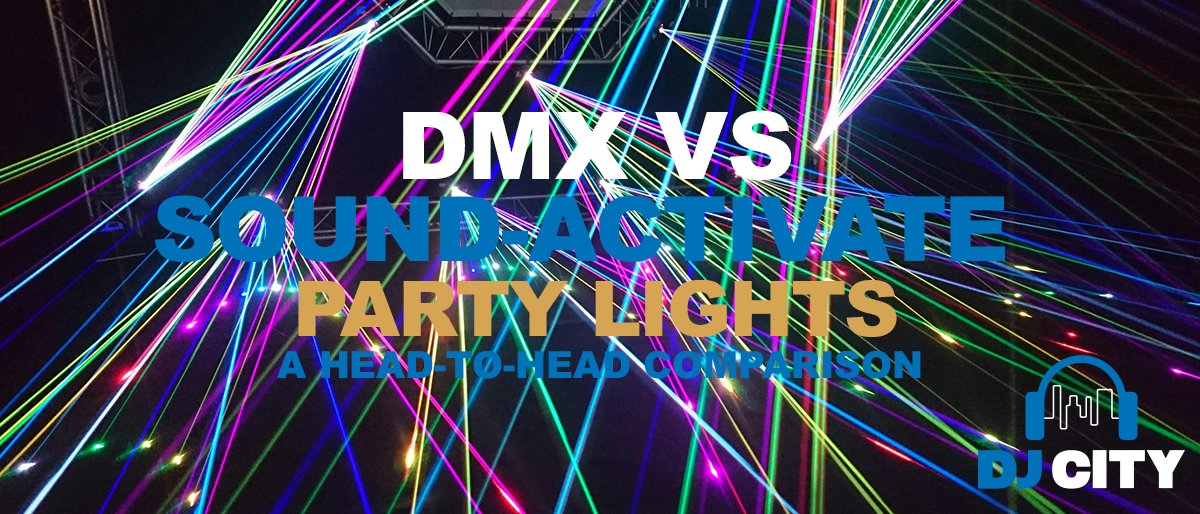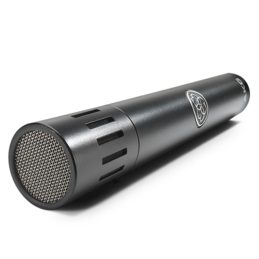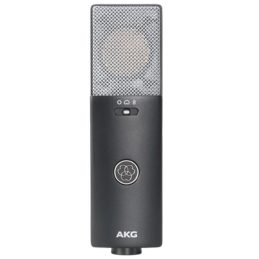
Radio Edit vs. Original vs. Extended: Versions of Music Tracks
Knowing the difference between a radio edit, an extended mix and an original track are important for DJs and musicians. Understanding the advantages and disadvantages of each type of edit will help you decide which one is the right track for you to play at different times.
In this article, we’ll go through what the meaning of an original mix is, what are radio edits and why/when you should consider using an extended mix.
Playing the Right Track
There are certain considerations to bear in mind when weighing up the different types of mixes.
1.Venue
The venue or channel through which the track is being played can be a huge determining factor.
2.Audience
Audiences vary in every which way and their expectations and preferences can impact which edit of a song will go down the best.
3.Occasion
Timing is everything. The right track to play can equally depend on the time, the place and the people.
Remember: As the DJ, your job is to create as dynamic and engaging an experience or performance as possible. Choosing the right mix is an essential component of that experience.
What are radio edits?
A radio edit is generally a shortened version of a musical track that has been edited to suit the specific requirements, preferences and regulations of a radio station.
Most commonly, radio edits are around 3 minutes long to suit the structure of radio programming and are censored for inappropriate language. They are mixed to be as attention-catching as possible and are often even more polished and cleaner than the original track. The reason for this is because often radios remaster the sound for quality purposes.
As a DJ, you may want to consider playing a radio edit as they are shorter (i.e., better at keeping crowds engaged with variety) and relatively easier to mix.
Features of a Radio Edit
- Around 3 minutes in length.
- Some verses or choruses may be edited out.
- Can be cleaner and more polished due to remastering.
Benefits of a Radio Edit
- More attention-catching.
- Easy to mix and for audiences to dance to.
- Being radio-friendly they are suitable for all audiences.
Drawbacks of a Radio Edit
- May not showcase the full complexity and creativity of the original track.
- May not be as pure an ‘artistic’ expression.
- May feel repetitive to some astute listeners.
What is an Original Mix
The original mix or a track is the initial and most authentic version of the song itself. This is the track that’s created by the artist in the studio. It means that the music may be more complex, the track length longer and the lyrics uncensored.
Commonly, an original track features parts that a radio mix will edit it. Think: intros, outros and instrumental breaks. As a DJ, this offers an inviting musical canvas to showcase your creativity and mixing ability. With the right manipulation, an original mix can effectively keep an audience engaged and dancing.
Features of an Original Mix
- Represents the artist’s intended version.
- Is often longer and more complex than edits.
- Can include more instrumental sections than radio edits.
Benefits of an Original Mix
- Showcases the musician’s creativity and intention.
- Makes for a richer and more complex experience for audiences.
- Provides opportunities for DJs to show creativity.
Drawbacks of an Original Mix
- Maybe less accessible for general audiences.
- May be difficult to mix with other tracks.
- May not be as polished as a radio edit.
What is an Extended Version of a Musical Track?
Aptly named, an extended version is the longer version of a track that is often created specifically for DJs to use. With longer breaks, extended intros and additional outros, many DJs prefer extended versions of a music track for the greater ability it provides to mix and blend seamlessly.
From clubs to festivals, many live musical events use extended versions. A skilled DJ can use the build-up of the track to create an exciting, memorable and enjoyable listening experience for the audience.
Features of an Extended Version
- Longer than the radio edit or original track versions.
- Features intros that are longer, more frequent, or with extended breaks, and extra instrumental sections.
Benefits of an Extended Version
- More ‘space’ for creativity and experimentation by DJs.
- Can provide a smoother track to track transition.
- Provides opportunities for creating unique and memorable listening experiences.
Drawbacks of an Extended Version
- Some tracks can be too long for certain audiences or venues.
- May not be as easy to listen to for general audiences.
- May require a DJ of greater skill and experience to use well.

Last Thoughts on the Differences in Music Tracks
When it comes to radio edits, extended mixes and original tracks, at the end of the day the right version for you will depend on specific factors to do with your particular situation.
Considering these factors, and taking into account your own skill, prowess and experience, there is no single type of track that is best or most suitable for every single scenario. Having said that, each type of mix has its own advantages and disadvantages.
Our recommendation is that on your journey towards being the best DJ you can be, play around and practice with each type of music track. This way you’ll get to know the different features and bugs of each one and learn how to best manipulate the different types of music tracks to suit your particular needs and preferences.
Regardless of which type of track you’re using, or whether you want to discuss the meaning of an original mix or further understand what radio edits are, the team here at DJ City is here to help.
So, contact us today for any and all of your DJ-related needs!








